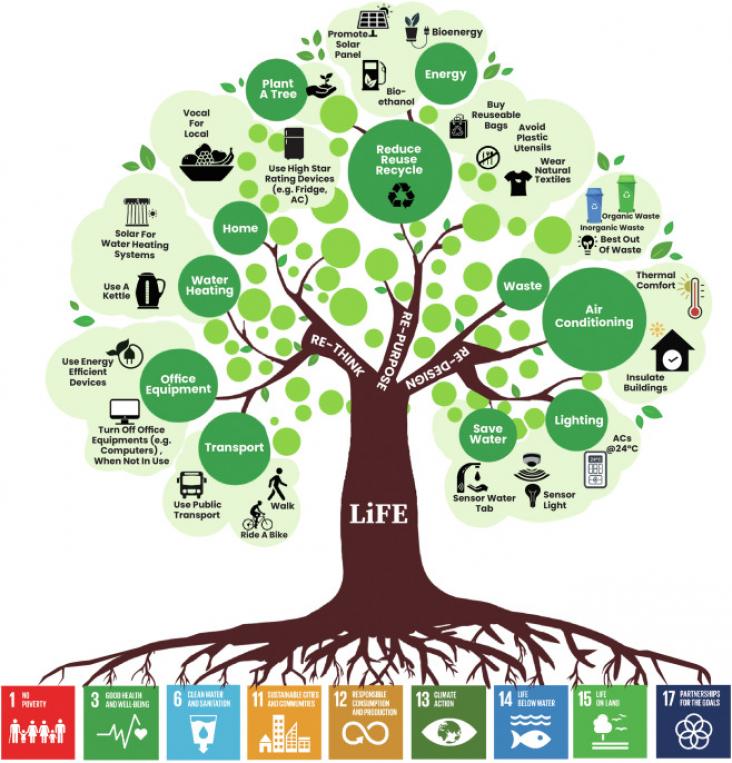The study shows the findings about the vendors with a satisfactory knowledge of food hygiene and safety.
The authors explore the impacts of the virtual water trade (i.e. water used in the production of agricultural products). The authors find that increasing trade of agricultural products could lead to significant water savings.
The study investigates the quality of the foods that are served at and their effect on the consumer health
climate change interacts with historical colonialism to shape fisheries in small island developing states. Greater attention to fish as food can improve food sovereignty and reduce historical inequalities

Recognising our customers' exceptional work to achieve the United Nations' Sustainable Development Goals

This paper explores perceived barriers and enablers for engagement in a new aquaculture activity, using an example of ‘technology-push’ towards seaweed farming in coastal villages in Samoa.
“From electric vehicles to lifesaving drugs, clean and green tech, to AI and digital technologies – IP can be the vehicle to turn bold new ideas into real world impact” said World Intellectual Property Organisation (WIPO) Director General Daren Tang in a video address to mark World IP Day 2024. This paper proposes a responsible intellectual property (IP) strategy (R-IPS) framework based on five exploratory case studies of sustainable companies in energy, nutrition, consumer electronics, manufacturing and water treatment sectors. These companies responsibly use IP assets to create positive social and environmental impact (or reduce negative impact), and unlock new opportunities for financial (economic) gains.
World Intellectual Property Day 2024 is highlighting the critical importance of intellectual property (IP) in catalyzing the human innovation and creativity needed for achievement of the United Nations Sustainable Development Goals (SDGs). This paper integrates innovation research with intellectual property law to explore how such a systemic collaboration for sustainable innovation should be characterised, and how the intellectual property rights (IPR) system could be shaped to support it. The paper highlights that reaching sustainability objectives depends on system-level innovations; system-level innovation for sustainability calls for new forms of collaboration; current IPR regime limits systemic collaborations for sustainable innovations and new IPR system and tools are needed to facilitate systemic collaboration.
World Intellectual Property Day 2024 is highlighting the critical importance of intellectual property (IP) in catalyzing the human innovation and creativity needed for achievement of the United Nations Sustainable Development Goals (SDGs). This study contributes to the literature by uncovering the tensions in developing a national-level intellectual property rights strategy. The results highlight that the development of intellectual property rights system is challenged by a lack of inclusiveness, matching capabilities, and high levels of disagreement among the stakeholders on development paths.

